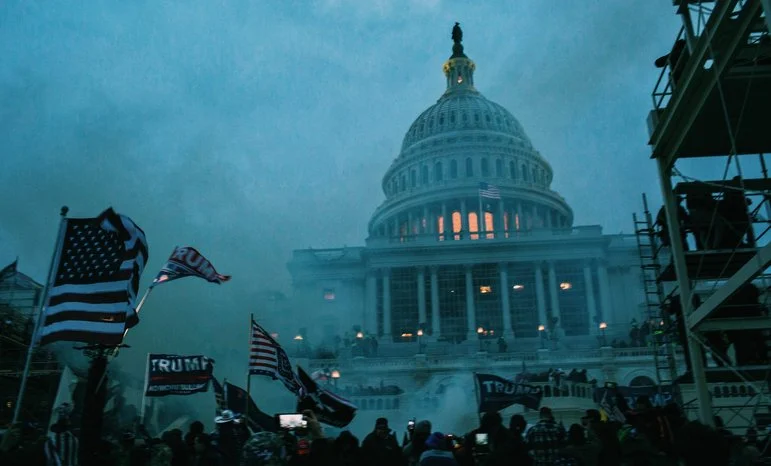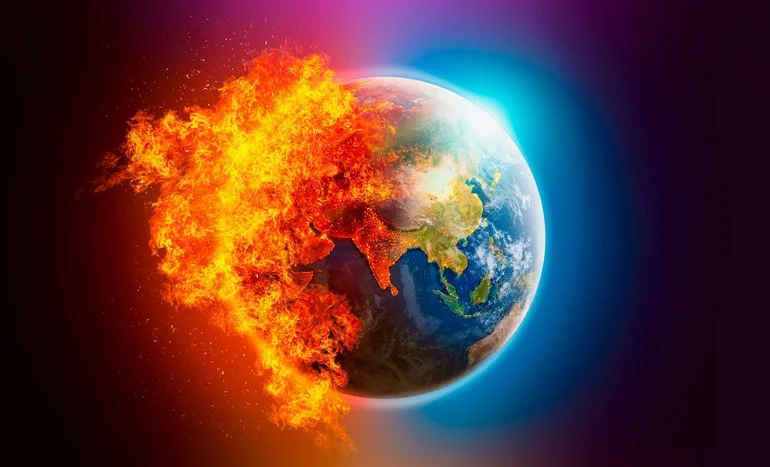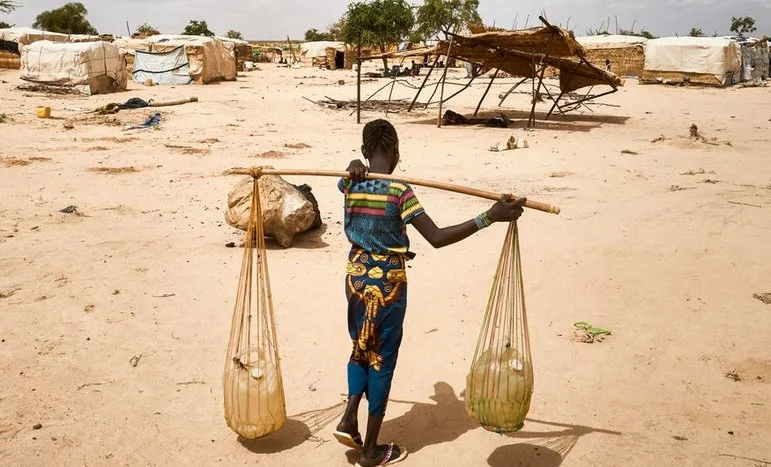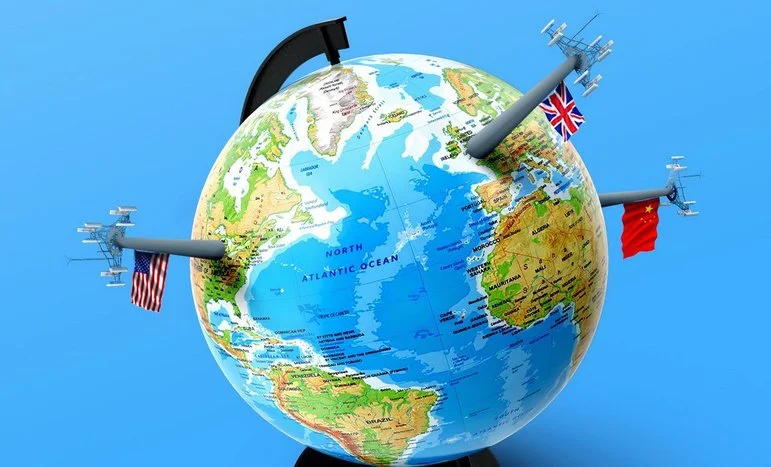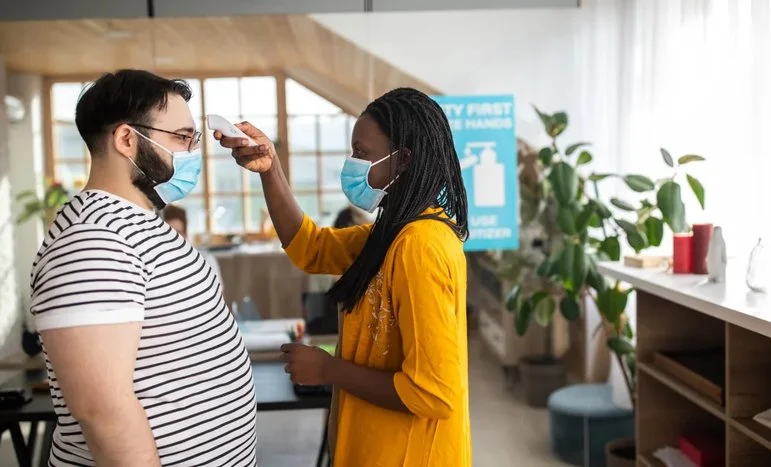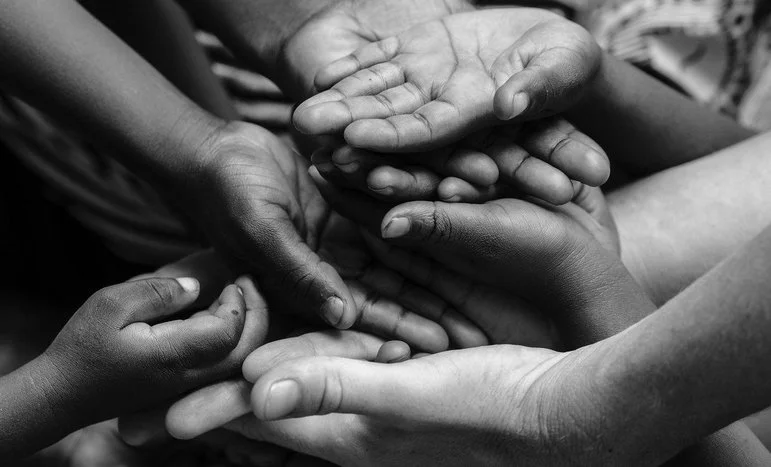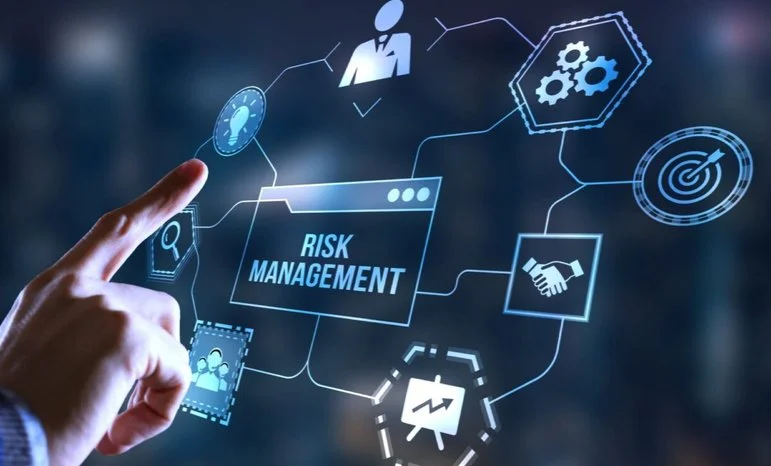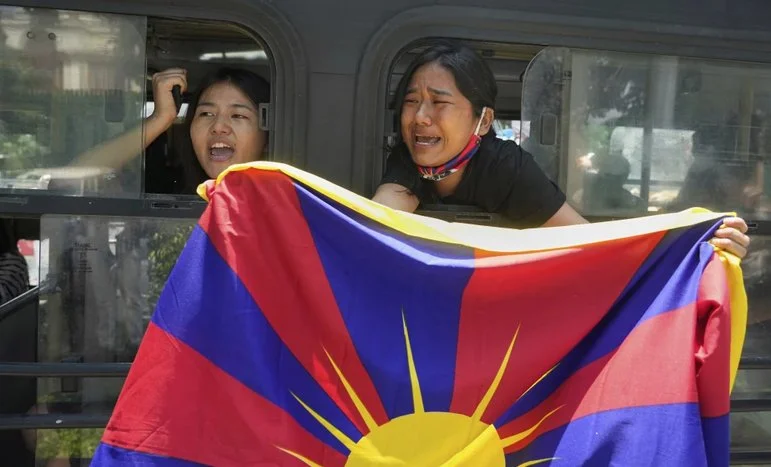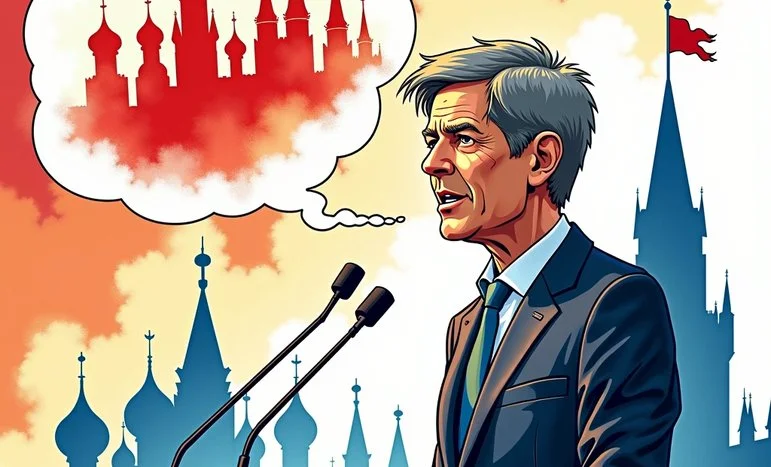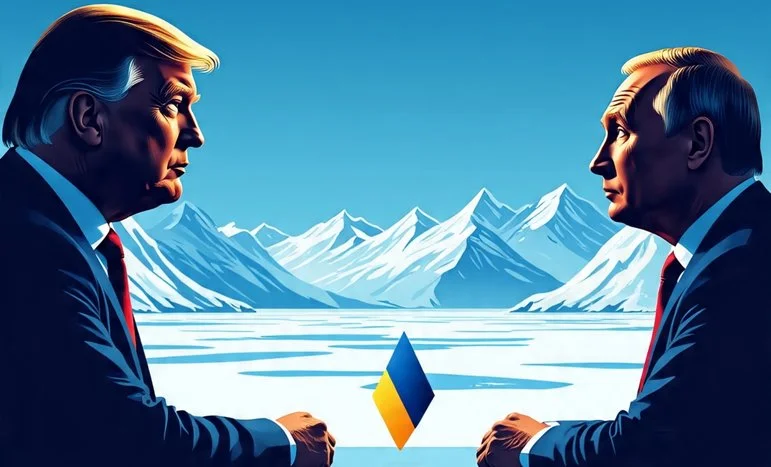“Democracy dies in darkness—not in a single moment, but in the slow erosion of truth, trust, and transparency.”
Across the world, democratic systems are under assault—not always from coups or revolutions, but from something far more insidious: the steady erosion of values that uphold them. Disinformation, misinformation, polarization, institutional mistrust, and authoritarian overreach are combining to weaken the very foundations of free societies.
The Slow Drift Toward Authoritarianism
Once hailed as the inevitable model for modern governance, democracy is now struggling. In recent years:
- Elected leaders have undermined judicial independence, weakened parliaments, and curtailed press freedom.
- Emergency powers, often justified by crises (real or manufactured), have been extended indefinitely.
- Dissent is criminalized, and independent media faces increasing harassment or outright bans.
This erosion is often incremental. Voters may not notice it until their rights are already curtailed, and by then, reclaiming lost freedoms is much harder.
The Disinformation Avalanche
The digital age has democratized information—but it has also weaponized falsehoods. Disinformation campaigns now:
- Manipulate elections through fake news and social media bots.
- Polarize societies by amplifying fringe ideologies.
- Undermine public health responses (as seen during COVID-19).
- Erode trust in scientific, journalistic, and legal institutions.
Many of these campaigns are state-sponsored—from regimes eager to disrupt democratic cohesion elsewhere. Others are profit-driven or fueled by ideological extremism.
When Truth Becomes Subjective
A worrying feature of today’s disinformation landscape is the blurring of facts and opinion. With millions consuming news through unregulated platforms:
- Conspiracy theories gain mainstream traction.
- Media echo chambers reinforce biases rather than challenge them.
- Fact-checkers are branded partisan, making consensus even harder.
In this world, even basic truths—about elections, vaccines, or climate change—become “controversial.”
Why This Matters for Global Progress
When democracies weaken:
- Global cooperation suffers, as trust between nations erodes.
- Authoritarian regimes feel emboldened, projecting power beyond borders.
- Human rights abuses increase, often unchecked.
- Societies become less resilient to crises, from pandemics to climate disasters.
A divided, misinformed population cannot mount collective action on the biggest challenges facing humanity.
Defending Democracy Requires Action
Preserving democratic values demands more than slogans. It calls for structural and cultural reforms:
- Strengthen institutions: Ensure judicial independence, electoral transparency, and press freedom.
- Regulate digital platforms without compromising free expression.
- Promote media literacy in schools and communities.
- Support investigative journalism that holds power to account.
- Expose and counter foreign disinformation networks with transparency and facts.
The Cost of Complacency
Democracy is not self-sustaining. It thrives only when citizens are informed, engaged, and vigilant. Allowing truth to decay or institutions to weaken out of convenience—or apathy—is to invite a future ruled by propaganda, fear, and unchecked power.
The fight for democracy is not just political—it is existential.
“Those who expect to reap the blessings of freedom must undergo the fatigue of supporting it.” – Thomas Paine
